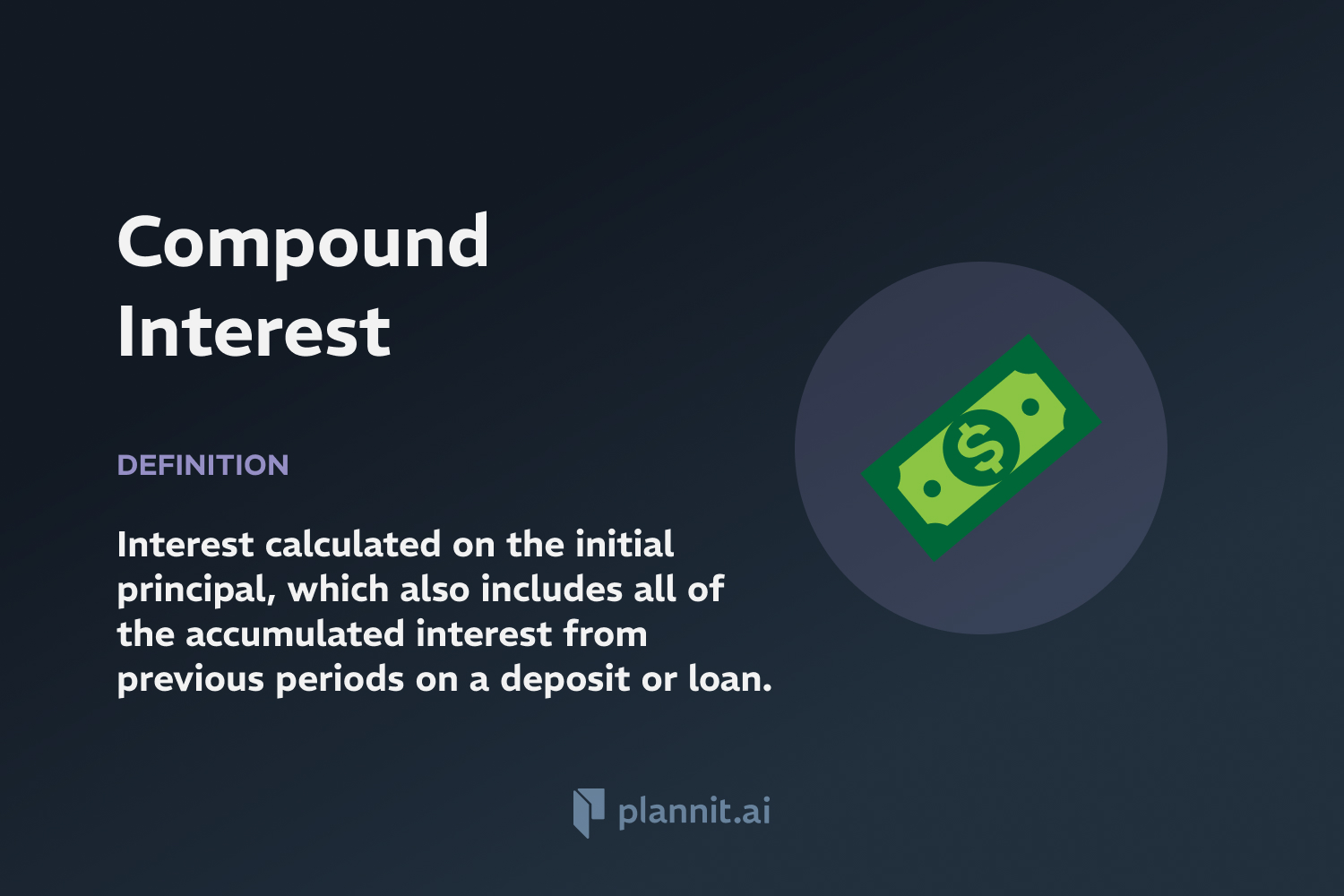Need Help With Your Business Plan?
Answer tailored questions and get a detailed business plan in minutes.
Joint Venture: Definition & In-Depth Explanation
A joint venture (JV) is a business arrangement where two or more parties agree to pool their resources for the purpose of accomplishing a specific task. This task can be a new project or any other business activity. In a joint venture, each of the participants is responsible for profits, losses, and costs associated with it. However, the venture is its own entity, separate from the participants' other business interests.
Purpose:
The purpose of a joint venture is to leverage the strengths of each partner for mutual benefit. This could include sharing expertise, resources, risks, and rewards. Joint ventures are often formed to enter new markets, develop new products or technologies, or combine assets and industry knowledge more efficiently than the parties could do on their own.
Example:
Two companies, one specializing in technology and the other in healthcare, might form a joint venture to develop a new health monitoring device. The technology company provides its expertise in hardware and software development, while the healthcare company offers its knowledge of medical needs and regulatory requirements. Together, they develop a product that neither could feasibly create on their own.
Related Terms:
Strategic Alliance: A partnership between two or more parties to pursue a set of agreed upon goals while remaining independent organizations. This is broader than a joint venture, which typically involves creating a new business entity.
Equity Joint Venture: A type of joint venture where each partner contributes capital and shares revenues, expenses, and control of the company.
Non-Equity Joint Venture: A partnership based on a contractual agreement rather than shared ownership; often involves sharing resources like technology or production capacity without establishing a new corporate entity.
Consortium: Similar to a joint venture, but generally involves multiple partners coming together for a very specific, often temporary, project without forming a new legal entity.
FAQs:
How is a joint venture different from a merger?
In a joint venture, the parties come together to form a new entity and share in its governance and profits, yet remain distinct businesses. In a merger, two or more companies consolidate into a single entity.
What are the benefits of entering into a joint venture?
Benefits include access to new markets, increased resources, shared risks, and the synergistic combination of complementary skills and knowledge.
What are the risks associated with joint ventures?
Risks can include conflicts between partners, mismatches in management style or corporate culture, and the potential for uneven investment in the venture, leading to disputes or ineffectiveness.
Can a joint venture be dissolved?
Yes, joint ventures can be dissolved according to the terms set out in the joint venture agreement, which typically include provisions for termination scenarios.
How are profits and losses shared in a joint venture?
Profits and losses are usually shared among the parties according to their agreement. This might be based on the initial investment percentage, resource contribution, or other criteria established at the outset.
Get funding with a business plan that will impress investors.
Starting a New Business?



